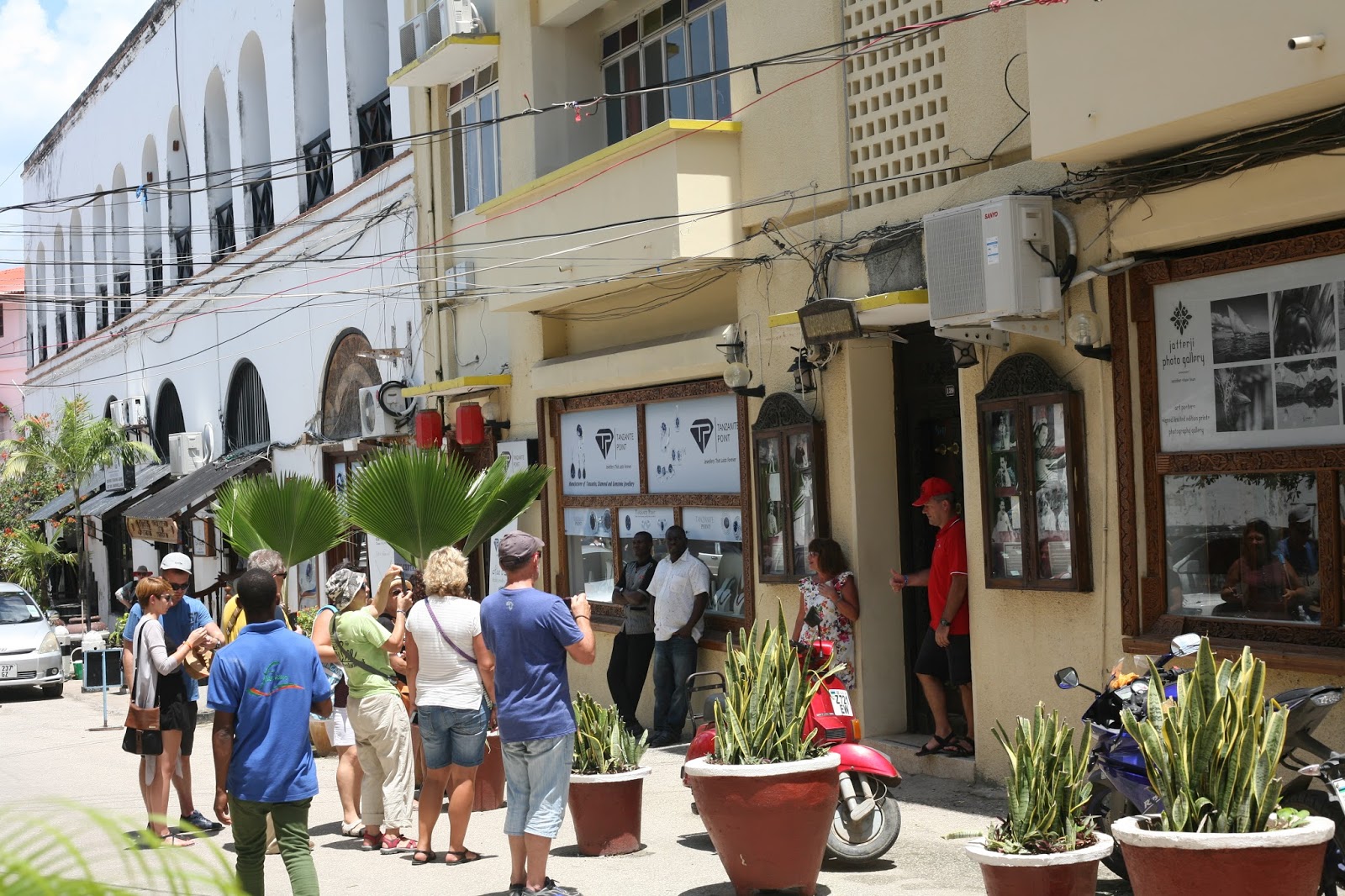Author: DEUS NGOWI
AfricaPress-Tanzania: ZANZIBAR Airport is now ready to welcome travellers in the wake of Covid-19 and other such diseases.
A training programme has been completed and was offered on prevention and detection of Covid-19 infections for airport staff at the Abeid Amani Karume International Airport in Zanzibar this week.
The German Ambassador to Tanzania, Ms Regine Hess, joined and obviously also enjoyed the training, Mr Simon Owaka – the Senior Public Relations Officer with the Corporate Communications and Public Affairs Department at the East African Secretariat- told the ‘Daily News’.
The training for trainers are taking place at international airports in the East African Community (EAC) region to prepare them prior to resuming normal travel after COVID-19 restrictions.
The training sessions were convened by the EAC Secretariat, organised and coordinated by the EAC Civil Aviation Safety and Security Oversight Agency (CASSOA) and implemented by AMREF Flying Doctors (AFD).
“These trainings are facilitated by the German Government, through GIZ, in an effort to support states in their response to COVID-19”, Ambassador Hess was quoted as saying.
Held at the Zanzibar Airports Authority Conference Centre, it is the third in line after Nairobi and Mombasa.
“Investments in strengthening surveillance, building robust early-warning systems and coordinating public health responses of international airports will help to detect and respond to Covid-19 and prevent further spread,” said Emile Nguza Arao, the Executive Director of CASSOA. “They will enhance the safety for travellers and for airport staff,” he added.
In the past, capacity building and awareness measures primarily focused on port health staff; these trainings involve a wide range of staff with close contact to passengers and/or their luggage.
Those include airport medical and veterinary services providers, aircraft/airline operators, selected crew members, staff at immigration and customs, cargo and baggage handlers, air navigation services and airport rescue and firefighting providers.
The training composed of two-day courses at each of the airports. Topics include among others ‘the airport as a ‘red zone’ – recognition of hot zones in the airport and measures to identify and demarcate these areas’; quarantine and isolation of passengers and decontamination of aircraft and airport areas.
Each class has 15 participants – taking into account social distancing requirements, so that almost 300 key airport personnel will become trained trainers.
Trained staff are expected to spearhead the development and conduction of targeted training sessions for the rest of the airport personnel. The next training will take place at the Juba International Airport in South Sudan from 23-26 June this year.







